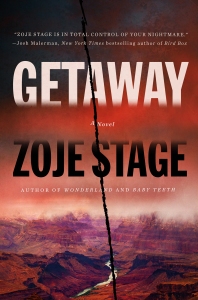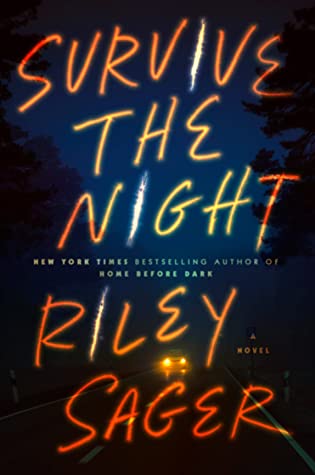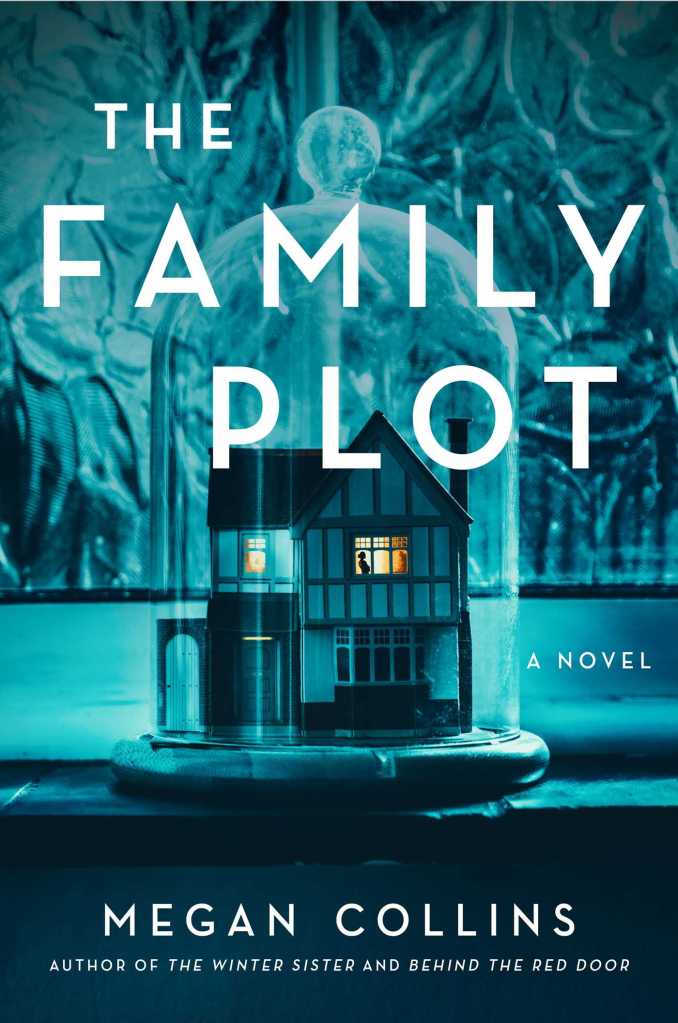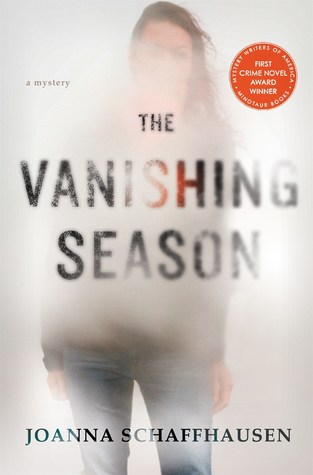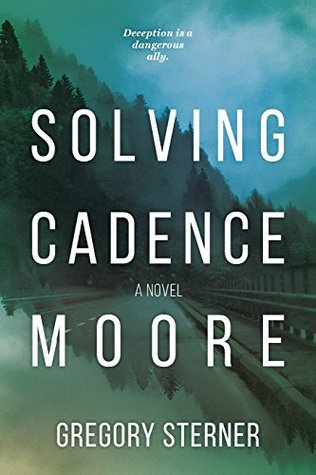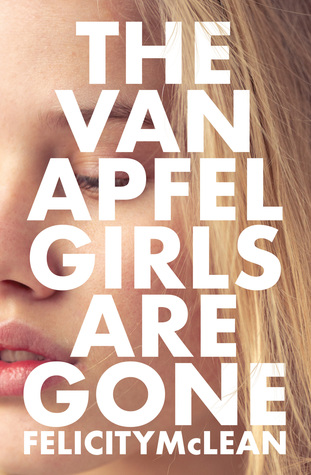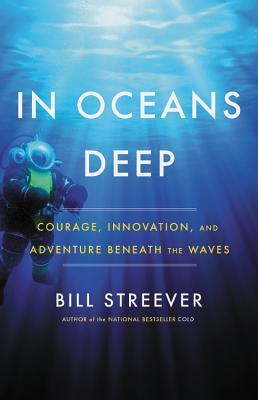Here’s the thing about Solving Cadence Moore – my belief is that people will either love it, or really hate it. I’m somewhere in the middle. While it wasn’t my favourite read this year, I think the author has talent and imagination, and I almost wish someone had cut this novel to pieces and told him to re-write it from the vast edits. Something tells me that Sterner has never heard Stephen King’s “kill your darlings” advice. The book is bloated in length, consistently repetitive, and with a huge amount of extraneous bracketed information that didn’t add anything to the tale.
Further, I don’t think the synopsis helps – it’s killer, and it’s very tough for the book to live up to its promise.
Sterner was clearly inspired by the true-crime story of Maura Murray, who disappeared over 15 years ago on a snowy road in New Hampshire, late at night, alone, with a broken-down car and booze in the backseat. Murray has never been found, and the theories are a tangled, wild mess. Did she run away to Canada? Did she have the colossal bad luck as to encounter a serial killer or rapist on that backwoods road? Was she fighting with her family? Did she die of exposure? Why did she lie to so many people before she vanished? And so on, and so on, for fifteen years. The wondering, the questions, the articles and books, and still at the centre, a person-shaped mark. A blot on the landscape. We still don’t know what happened to Maura, and that seems like an unlivable thing.
How could a person just disappear?
Charlie Marx asks that question on his podcast, over and over. Desperate to solve the mystery of Cadence Moore, a young lady who vanished years before, and emboldened by the recent interest in the case due to a blockbuster movie, Marx takes on the challenge to finally, 100%, tell the world what happened to her. On air.
If he’s successful: instant fame, fortune, notoriety. If he’s unsuccessful, it’s the end of the road. Notoriety of a different kind. And so Marx decides to do it. Try and solve Cadence. Much of the novel is written as if we’re listening to Marx on the radio. I’m not sure this lends itself well. There’s just so much vocalizing – so much information and chatter. When you spend your time reading text that mirrors how people actually talk, it’s amazing how much blather there is. It’s frankly exhausting, and I wished for an Editor as I’ve never wished for one before.
Still, the mystery of Cadence is intriguing. I wanted to know much more about her, though I think that’s the point. I also want to know so much about Maura Murray, because the very fact of her disappearance is what makes her fascinating. Because that person is not there to answer questions, the answers are tantalizingly out of reach. I think that’s what Sterner is getting at here – in some ways, we can only know Cadence through the recollections and memories of others. She will forever remain a question mark in the truest sense of the phrase – because she is no longer there to put a voice to her innermost thoughts, motivations or reasonings. Much as we cannot ask Maura why she was traveling with open alcohol and had lied about leaving school, we also cannot ask Cadence Moore about her dreams or aspirations or fears.
Those answers vanish along with the person, into the dark.
In the end, I think this book has a lot of promise, but as I said, a brutal edit would be needed before this lived up to its synopsis. This is Gregory Sterner’s debut novel, so I think there’s obviously so much room for him to grow as a writer – maybe he’ll come back to this someday and “kill his darlings”! Either way, I look forward to exploring his future work because I think the premise of this book is stellar, and the imaginative way its told bodes well for Sterner’s career.
Thank you to Kelsey from Book Publicity Services and to the author, for the complimentary copy of the book in exchange for an honest and unbiased review. I appreciate it!
